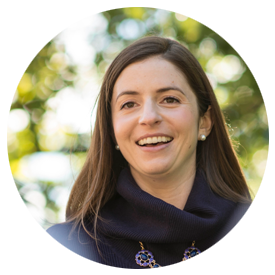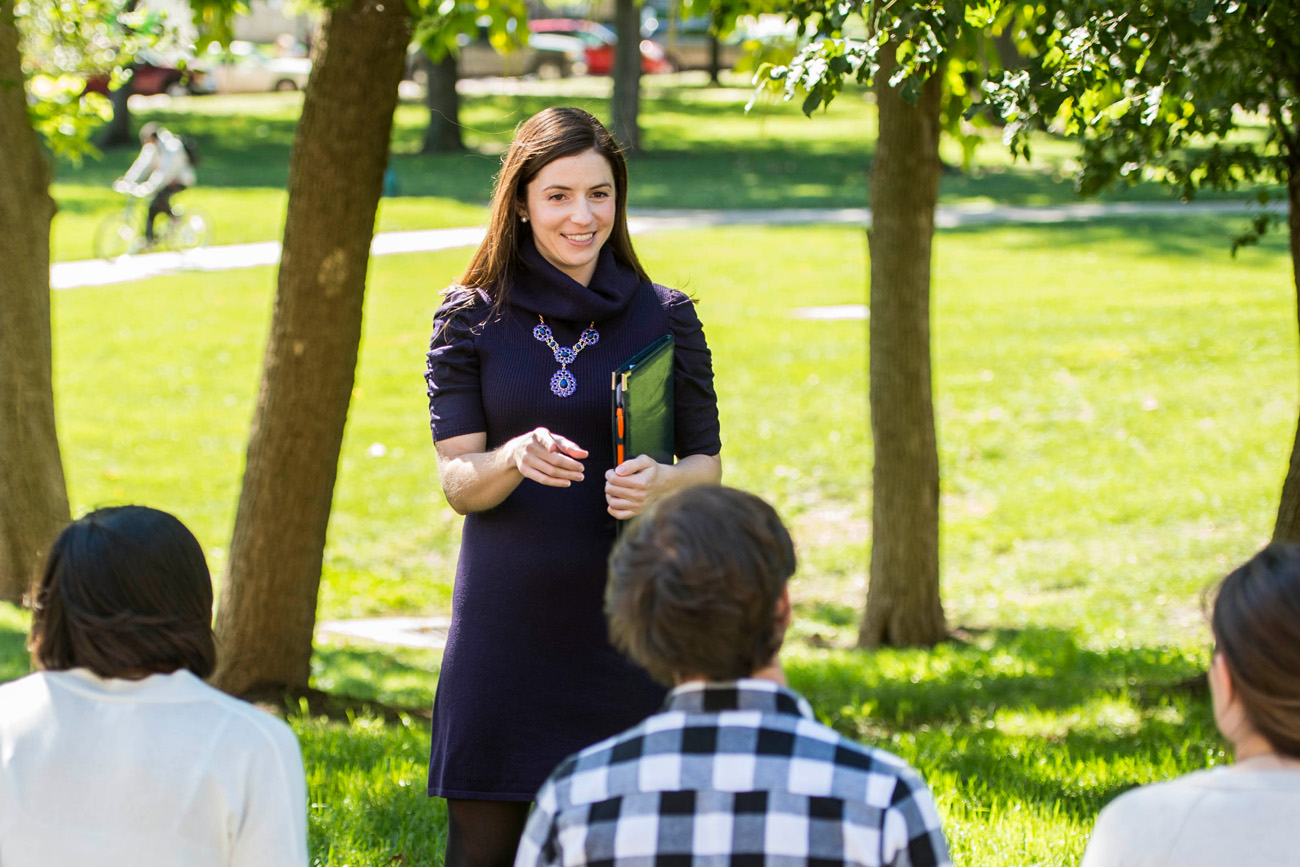CO 115 – Introduction to Communication Studies 3 hrs.
This course serves as an introduction to the principles of public speaking and interpersonal communication. Topics covered include models of communication, perception, listening, language, non-verbals, small groups, and relationships. Speaking performances are a central activity of the course.
CO 230 – Communication Workshop 1 hr.
Students participate in the speech choir performance group and in communication presentation activities. Prerequisite: Permission of the instructor. R
CO 237 – Introduction to Intercultural Communication 3 hrs.
This course deals with the management of messages for the purpose of creating meaning across cultures. The course focuses on such concepts as ethnocentrism, values and beliefs, cultural perceptions, language and meaning, and nonverbal behaviors. Specifically, the course will aim to have students develop an understanding of the intercultural communication process, enhance appreciation of diverse ways of communicating, develop analytical skills in examining intercultural interactions, and increase understanding of factors that influence cross-cultural communication effectiveness.
CO 242 – Interpersonal Communication 3 hrs.
This course is a study of communication in one-to-one situations. Class sessions include exercises, role playing, and simulations. The goal of the course is improvement of communication and deepened self-awareness.
CO 245 – Advanced Public Speaking 3 hrs.
This course is designed to develop the student’s skills beyond the introductory experience in CO 115 and QS 111/112. Multiple speaking assignments provide a variety of speaking occasions and purposes. Students are encouraged to explore presentation formats beyond the two-to-five main points standard. This course will use the master class teaching format and produce a learning resume for the student.
CO 257 – Pathways to Conflict Management 3 hrs.
This course will introduce students to a comparison of the broad range of dispute resolution processes available in the U.S. today. Negotiation, mediation, arbitration, and litigation will be explained and analyzed for strengths and limitations in a variety of conflict situations. Additionally, students will discuss in detail the elements of conflict diagnosis in order to select the most appropriate resolution option for any particular situation.
CO 267 – Communication Research Methods 3 hrs.
This course deals with the logic, theory, methods, and practice of the study of communication research. It covers the fundamental processes and principals necessary for conducting and consuming research in communication, with a primary focus on quantitative and qualitative methods. No prior methodological or statistical knowledge is required. Prerequisite: CO 115.
CO 335 – Speech Center Consulting 1 hr.
This course in pedagogy will address the philosophical, theoretical, and practical issues faced by beginning Speech Center Consultants. Consultants will learn to critically evaluate speeches based on communication theory as well as learn how to apply constructive feedback and guidance to fellow students. Prerequisite: Permission of the instructor. R
CO 337 – Interpersonal Conflict Management 3 hrs.
Conflict is a part of daily life, but the costs of ignoring it or responding to it aggressively are especially high. This course seeks to introduce students to the nature of conflict, to an understanding of individual styles and tactics, and to a variety of alternative responses to conflict situations (both interpersonal and between groups). Negotiation and mediation principles will be examined.
CO 342 – Ethical Choices in Interpersonal Relationships 3 hrs.
Students will be introduced to the theories and practices of ethics in interpersonal relationships. The focus of the course is discussion of case studies and ethical readings in order to analyze and evaluate ethical choices in personal relationship dilemmas.
CO 350 – Organizational Communication 3 hrs.
This course examines how organizations communicate with their internal and external audiences. Methods of conducting communication audits and of enhancing effective communication for organizations are explored. Models of leadership and responses to those styles will also be discussed.
CO 355 – Group and Team Communication 3 hrs.
Whether you are a manager on a highway project or a coordinator of volunteer services at a hospital, you will need to enlist others’ cooperation to assist in the accomplishment of strategic plans and goals. In part, communication serves to enable people to deal with the task and interpersonal barriers that naturally arise as part of joint action. Hence, this course is designed to provide students with the knowledge and leadership skills to understand the dynamics of small groups and teams, manage conflict, overcome barriers, and accomplish goals.
CO 376 – Communication Theory 3 hrs.
This course introduces students to key communication theories in an effort to understand how communication works and affects audiences and societies. The second half of the course introduces students to the methodologies used to study communication. Each student will be required to compose a research prospectus outlining an original idea for study. Prerequisites: Two upper-level communication courses and junior or senior status.
CO 401 – Communication Studies Salon: Life After College 1 hr.
In this salon, students will reflect upon the knowledge, skills, and abilities they have acquired during their undergraduate careers and use those experiences to formulate their post-graduate plans. This course will help students decide what they would like to do after graduation and prepare the materials necessary to achieve their goals. We will focus specifically on developing the types of skills employers say they look for most in successful employees. Support will also be provided if students are interested in obtaining admission into graduate school and/or applying and interviewing for jobs that will capitalize on their experiences as students of Baker University and as Communication Studies majors. Prerequisites: Junior or senior status and Communication Studies major.
CO 420 – Communicating the Feminine in Ancient World Religions 3 hrs.
This course is designed to survey the role of gender-specific symbols used in religions of the world. Primary texts will be examined in search of answers to the following: what gender-specific symbols are used; how closely is the symbol identified with the reality to which it points; and what implications does such symbol use have for the perception, status, and roles of men and women? Each student will lead a class discussion, write papers, and take exams. Prerequisite: Junior or senior status. (Cross-listed as RE 420.)
CO 467 – Nonviolence and Social Movements 3 hrs.
This is a study of communication as a vehicle of social change. Movement criticism is used to study the stages of development and the content of particular communicative acts in a variety of social events in U.S. history.
CO 472 – Teaching Speech Communication and Theatre Arts 3 hrs. (Fall semester only)
This course prepares the student to develop materials and strategies for teaching secondary school speech and theatre. The course is team-taught by Communication and Theatre Arts faculty. CO 472 is designed to develop instructional skills required of secondary teachers. The course will involve many activities related to teaching, including developing a) instructional strategies that will enhance the learning at all levels, b) lesson plans and delivering lessons, c) meaningful classroom learning activities, d) technology applications, e) student outcomes and assessments, f) teaching techniques for diverse learners, and g) effective communication with parents. Candidates will create a list of and use effective teaching strategies and develop technology applications and problem-solving skills for the classroom. In addition, candidates will develop student assessments and rubrics and create student behavior plans and learning modifications for the secondary Speech and Theatre classroom. Prerequisites: ED 100, 243, and 244; junior status recommended.






